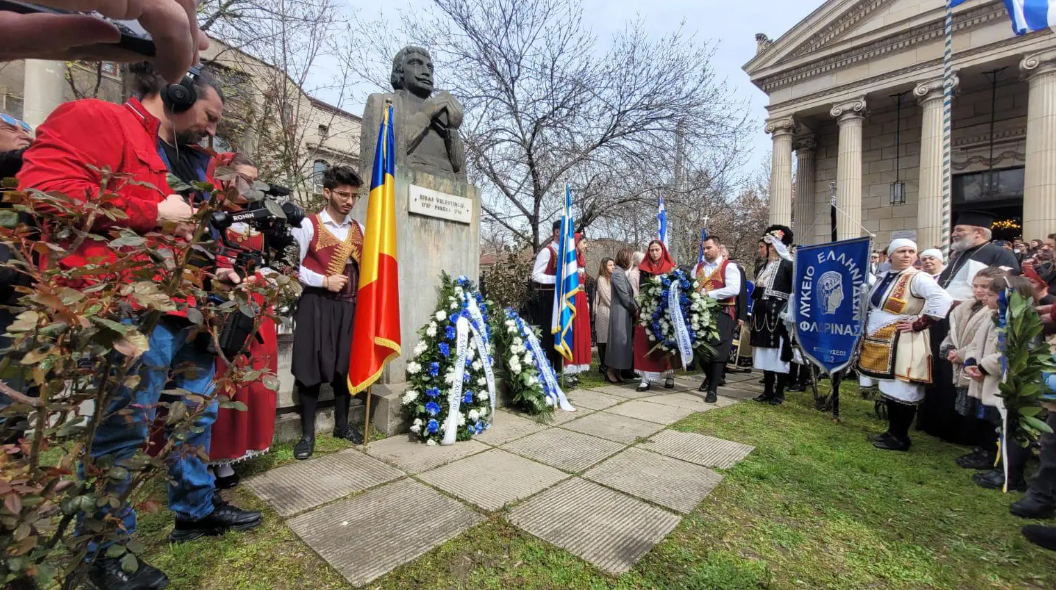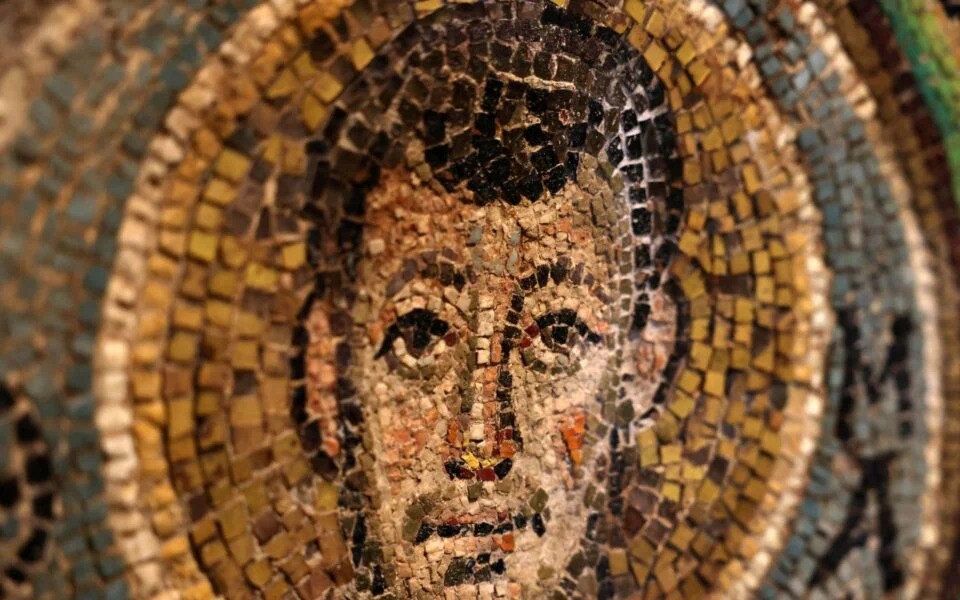Greece’s New Year tradition: Vasilopita and the Golden Coin

All over Greece, tables over the Christmas and New Year days are set with traditional food savory and sweet, mostly based on recipes going from generation to generation. There are regional preferences depending on local products and customs that one enjoys across the whole country.
One of them is Vasilopita, with a gold coin hidden inside the sweet, fluffy and chewy yeast dough is one of the traditions Greeks follow with devotion. Even if in some regions, the Vasilopita Cake is a savory pie with pork and greens, Vasilopita is made of a yeast dough, medium sweet, that takes hours to make. In modern times, a simple or a slightly spicy cake would do too, under the precondition that it is in round form.
Vasilopita is the cake with which Greeks welcome the New Year.
Cutting Vasilopitta has a specific ritual that is followed with devotion. The Cake is cut either a couple of minutes right after midnight of the New Year’s Eve and in the first minutes of the New Year or next morning after the breakfast.
According to the tradition, the head of the house, usually the father, first makes the sign of cross on the cake and starts cutting piece by piece the Vasilopita, devoting each piece to each family member. However, the very first piece is always devoted to Jesus Christ, the second one to the family home, the third to him and so on.

The one who finds the Golden coin in his or her piece will have luck all through the year.
Therefore, before each piece is cut, one has to name first to whom the piece belongs.
If guests are present, they will be called after the family members and according to age, from eldest to the youngest.
The coin is mostly hidden in the cake dough before baking.
In older times, the coin was a golden coin, later it mutated into a normal currency coin wrapped in aluminium foil for hygienic reasons.

The origins of Vasilopita tradition is associated with Saint Basil of Kaesaria, whose name day is celebrated on January 1st and he is also the Saint who brings presents to the children, the Greek Santa Klaus.
According to the Greek Orthodox narrative, St Basil (330AD-379AD) who was Bishop of Caesaria, called on the citizens to raise a ransom payment to stop the siege of the city by the Romans. Each member of the city gave whatever they had in gold and jewelry. When the ransom was raised, the enemy was so embarrassed by the act of collective giving that he called off the siege without collecting payment.
Basil was then tasked with returning the unpaid ransom, but had no way to know which items belonged to which family so he baked all of the jewellery into loaves of bread and distributed the loaves to the city, and by a miracle each citizen received their exact share.
In some tellings, the sieging tribal chief is replaced with an evil emperor levying a tax or simply with Basil attempting to give charity to the poor without embarrassing them.
Source: keeptalkinggreece.com




